All posts tagged "Juvenile Justice"
-
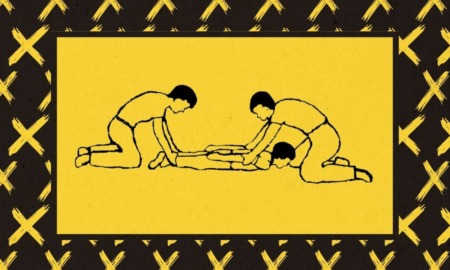
 1.4KNews
1.4KNewsAdvocates fear Minnesota students will again be subject to restraint used on George Floyd
Some say task force is shutting down discussion of guidelines for cops in schools.
-

 545Grants
545GrantsRural, at-risk and justice-involved youth mentoring program grants
GRANT FOCUS: Mentoring, Rural Youth, At-risk/Justice-involved Youth, Youth Development | Amount: $308,333 - $358,333 | Deadline: Aug. 5, 2024
-
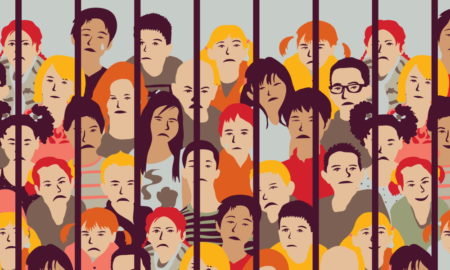
 2.1K► Reports
2.1K► ReportsNational report highlights severe cost of inadequate juvenile justice system
Our state and federal juvenile justice systems fail to consider stages of adolescent development.
-
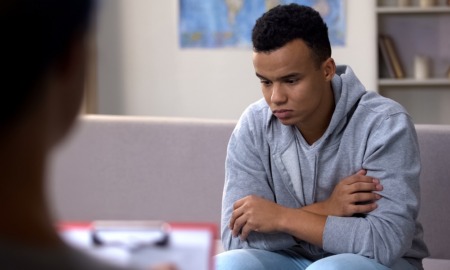
 1.4KNews
1.4KNewsSchool interventions offer best shot at reducing youth violence
School is where we can identify these children in their high-risk groups.
-

 1.5KGrants
1.5KGrantsSupporting children exposed to violence program grants
GRANT FOCUS: Child Welfare, Safety, Violence, Victim Support, Juvenile Offenders | Amount: Up to $850,000 | Deadline: June 24, 2024
-
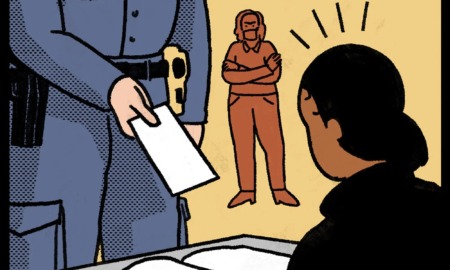
 979News
979NewsAn Illinois school district’s reliance on police to ticket students is discriminatory, civil rights complaint says
Illinois law bans schools from fining students. But police routinely issue tickets with fines.
-

 607Grants
607GrantsBuilding capacity of diversion for youth with substance abuse/mental health problems program grant
GRANT FOCUS: Juvenile Justice, Mental Health, Substance Use/Abuse, Diversion, Justice-involved Youth | Amount: Up to $6,000,000 | Deadline: June 24, 2024
-
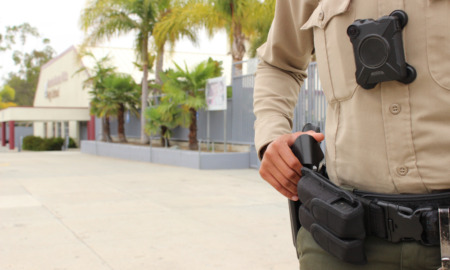
 1.0KNews
1.0KNewsTicketed at school as a teen, a young Black woman is suing an Illinois city for violating her civil rights
Illinois law bans schools from fining students. But police routinely issue tickets to children.
-
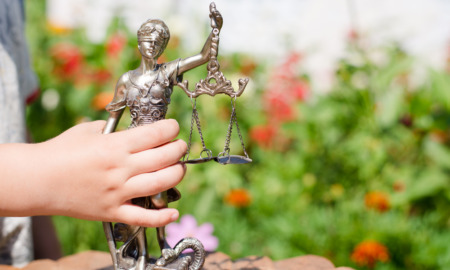
 1.2KNews
1.2KNewsAs more youth struggle with behavior and traditional supports fall short, clinicians are partnering with lawyers to help
In medical-legal partnerships, health and law professionals team up to address health-harming legal needs.
-
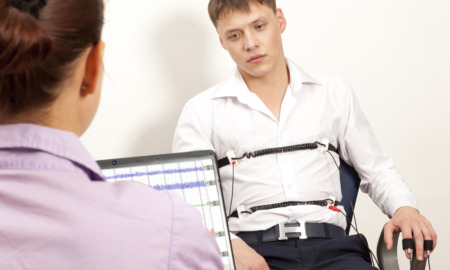
 1.3KOpinion
1.3KOpinionMostly banned from adult courts, polygraphs also shouldn’t be used against juveniles
In juvenile courts judges have the discretion to allow polygraph test results as evidence.
-
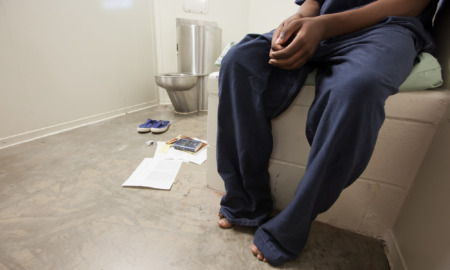
 982News
982NewsDespite outcry over seclusion at juvenile detention centers, Tennessee lawmakers fail to pass oversight bill
It aimed to empower an independent agency to require changes when standards were violated.
-

 1.3KGrants
1.3KGrantsBrooklyn BIPOC community strengthening and racial justice grants
GRANT FOCUS: BIPOC Community, Youth/Racial Justice, Civic Engagement, Community Dev., Brooklyn | Amount: Up to $45,000 per year | Deadline: May 15,...
-
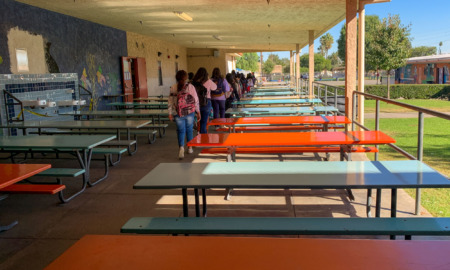
 2.0KNews
2.0KNewsWhat happens when suspensions get suspended?
Students are benefiting from a decade-old ban on suspensions for ‘willful defiance.'
-
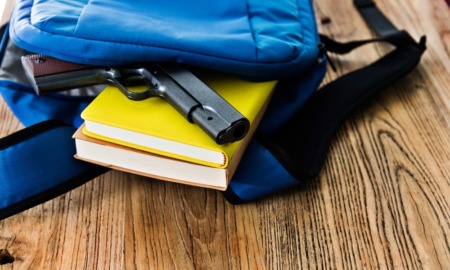
 1.3KNews
1.3KNewsTennessee is ramping up penalties for student threats. Research shows that’s not the best way to keep schools safe.
Some experts say the measures can counteract a crucial tool for safety: threat assessments.
-
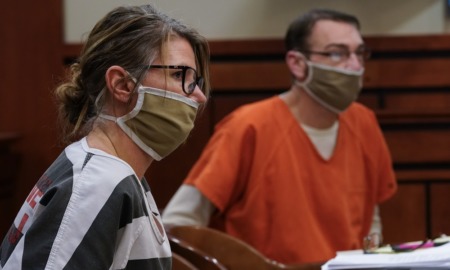
 1.4KNews
1.4KNewsThe parents paying for their children’s crimes
Some worry that expansion of charges against parents would disproportionately affect minority/poor parents.
-
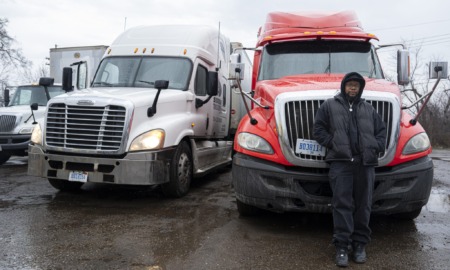
 717News
717NewsMany states don’t educate people sentenced to life. Now some are coming home.
Imprisoned as teenagers, middle-aged men and women are suddenly being released with no education.
-

 1.9KOpinion
1.9KOpinionBreaking walls, building bridges: A call for restorative justice in school discipline
Schools can create a culture of accountability, healing and growth that benefits everyone involved.
-

 1.1KGrants
1.1KGrantsJustice-involved youth arts program grants
GRANT FOCUS: Arts/Culture, Arts Education, Juvenile Justice, Justice-involved Youth, Youth Recidivism | Amount: Up to $50,000 | Deadline: May 21, 2024
-

 1.3KGrants
1.3KGrantsJuvenile drug treatment court program grants
GRANT FOCUS: Juvenile Justice, Youth Welfare, Substance/Drug Abuse, Mental Health, Trauma | Amount: Up to $1,000,000 | Deadline: May 14, 2024
-
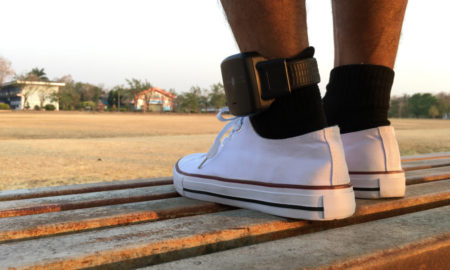
 1.2K► Reports
1.2K► ReportsProtect and redirect: America’s growing movement to divert youth out of the justice system
Many jurisdictions took steps in the past decade to expand diversion opportunities for youth.



























